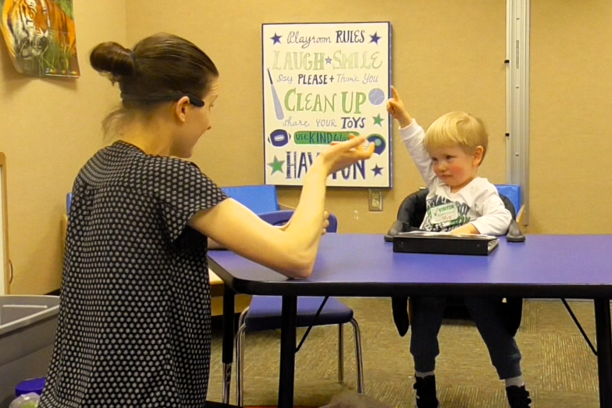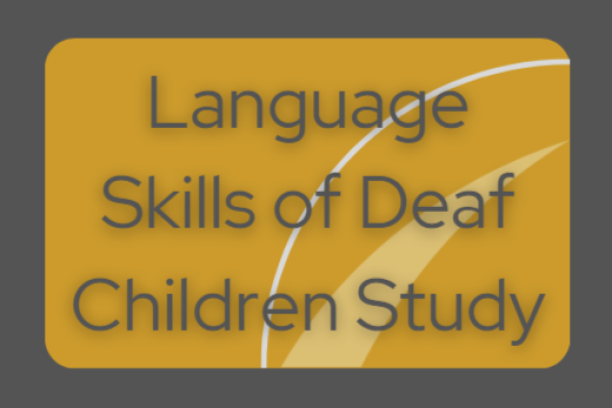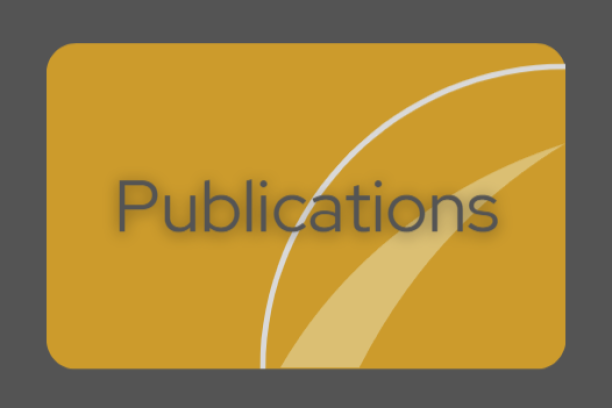-
McDaniel J., Yoder P., Crandall M., Millan M.E., Ardell C.M., Gengoux G., Hardan A. Short report: Effects of pivotal response treatment on reciprocal vocal contingency in a randomized controlled trial of children with autism spectrum disorder Autism: 14 International Journal of Research and Practice. 24(24). 1566-71.
Abstract
A pivotal response treatment package consisting of clinician-delivered and parent-implemented strategies was recently found to be effective in improving language and social communication deficits in children with autism spectrum disorder. Reciprocal vocal contingency, an automated measure of vocal reciprocity, may provide stronger and complementary evidence of the effects of the pivotal response treatment package. Reciprocal vocal contingency is derived through an automated process from daylong audio samples from the child’s natural environment. Therefore, reciprocal vocal contingency is at lower risk for detection bias than parent report and brief parent–child interaction measures. Although differences were non-significant at baseline and after 12 weeks of intervention for the 48 children with autism spectrum disorder who were randomly assigned to the pivotal response treatment package or a delayed treatment control group, the pivotal response treatment package group had higher ranked reciprocal vocal contingency scores than the control group after 24 weeks (U = 125, p = .04). These findings are consistent with results from parent report and parent–child interaction measures obtained during the trial. The participants in the pivotal response treatment package exhibited greater vocal responsiveness to adult vocal responses to their vocalizations than the control group. Findings support the effectiveness of the pivotal response treatment package on vocal reciprocity of children with autism spectrum disorder, which may be a pivotal skill for language development.





